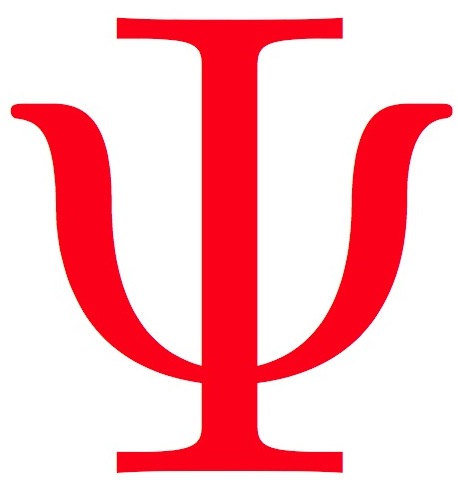Essays on Physical Theory
From time to time an occasion or impulse has arisen to write a short essay on the implications of quantum cosmology for the nature of physical theory in general. This is a common theme among most of the otherwise disparate essays below.
Computability and Physical Theory [68]
(with Robert Geroch.) What would physics be like if its theories predicted measurable numbers that were non-computable in the mathematical sense? That is, numbers for which no one computer program can exist to compute them to any accuracy that may be specified. Not that much would be changed, but existence of algorithms for approximate computation would be an important question for such theories.
Excess Baggage [85]
In many advances in physics some previously accepted general idea was found to be unnecessary and dispensable. The idea was not truly a general feature of the world, but only perceived to be general because of our special place in the universe and the limited range of our experience. It was excess baggage which had to be jettisoned to reach a more a more general perspective. This article discusses excess baggage from the perspective of quantum cosmology, and asks what is excess baggage in our present theoretical framework?
Sources of Predictability [112]
Sources of predictability from the basic laws of physics are described in the most general theoretical context --- the quantum theory of the universe.
Quantum Pasts and the Utility of History [117]
Why are we interested in the past? Its over and done with. This article describes the process of retrodicting the past in quantum cosmology with quantum probabilities conditioned on present data. There is not just one past but many different possible ones. Retrodicting a past is useful because it can help with predicting the future.
Theories of Everything and Hawking's Wave Function of the Universe [126]
If a cat, a cannonball, and an economic textbook are dropped from a building they all fall to the ground with the same acceleration. That is an example of a universal law of physics. But that fact tells us little about cats, canonballs, or economics. This popular level essay describes how a theory of these universal laws --- what in physics is called `a theory of everything' --- must include a quantum state of the universe. A `theory of everything' in fact does not predict everything we observe but only certain features of what we observe.
Anthropic Reasoning and Quantum Cosmology [130]
In quantum cosmology anthropic reasoning uses probabilities that are conditioned on the existence of us as physical observing systems within the universe. This essay discusses how anthropic reasoning depends on the quantum state of the universe.
Quantum Physics and Human Language [136]
Human languages tacitly assume specific properties of the limited world they evolved to describe. These properties are true features of that limited context, but may not be general or precise properties in fundamental physics. Human languages must therefore be qualified, discarded, or otherwise reformed to give a clear account in the context of fundamental physics of even the phenomena that the languages evolved to describe. The surest route to clarity is to express the constructions of human languages in the language of fundamental physical theory, not the other way around. These ideas are illustrated by an analysis of the verb ‘to happen’ and the word ‘reality’ in special relativity and the modern quantum mechanics of closed systems.
Scientific Knowledge from the Perspective of Quantum Cosmology [108]
Scientific knowledge is limited for at least three reasons: Physical theories predict only the regularities of our experience and not every detail of it, predictions may require intractable computation, and the process of induction and test is limited. Quantum cosmology displays all three kinds of limits. This essay briefly describes them and the place of the other sciences in this most comprehensive of physical frameworks.
Are We Typical? [137]
(with Mark Srednicki.) We have no observational evidence that as human observers we are typical of any class of objects in the universe, and there is no reason to believe that the laws of physics have to be such as to make our observations typical of others that might be made in the universe. Indeed an assumption that we are atypical is a testable hypothesis.
Science in a Very Large Universe [144],[144a]
(with Mark Srednicki) Inflation can make the universe large enough that there is significant probability that we are replicated as physical systems at other locations in the universe. Predictions of our future observations then require an assumed probability distribution for our location among the possible ones (the xerographic distribution) in addition to the probabilities arising from the quantum state. It is the combination of fundamental theory plus the xerographic distribution that can be predictive and testable by further observations.
